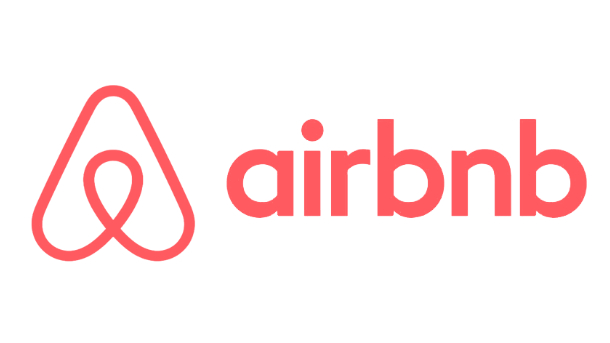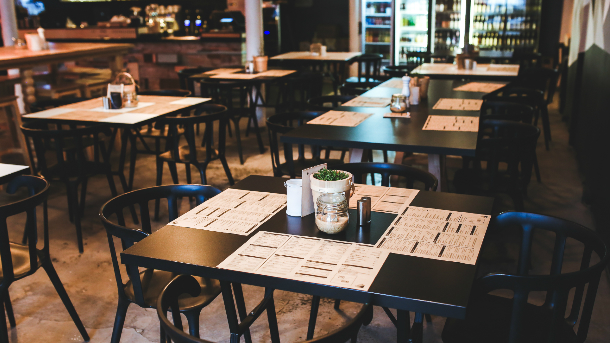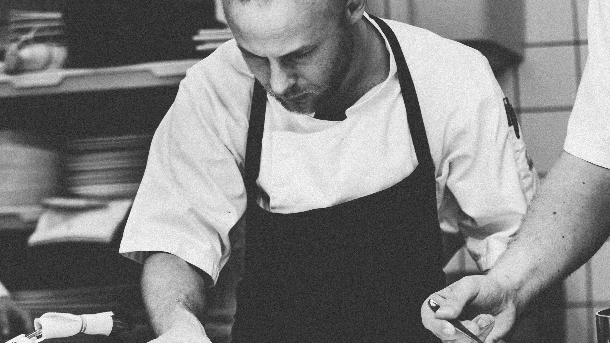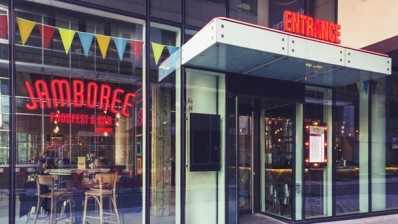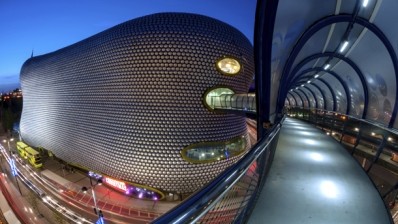Futureproof your hotel: Industry experts share their top tips
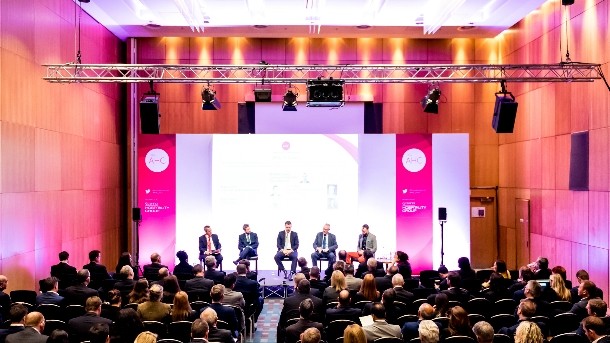
This year’s Annual Hotel Conference in Manchester saw members of the industry share their thoughts and ideas under the theme ‘performing in transient times’ and provide their top tips for not only coping with change, but building a thriving business when faced with it.
BigHospitality summarises some of the main points:
The Millennial mindset
Every area of the industry wants to know how they can attract the Gen Y customer and while many agree that Millennials’ needs will have to be met to help secure custom, delegates were advised not to make it all about age.
“Consider whether behaviour often seen as ‘Millennial’ is actually a mindset that could spread to everyone,” said James Bland of BDRC Continental.
He also reminded hoteliers that Millennials will get older and their priorities may change:
“We’re asking, are preferences of Generation Y here to stay, will they spread to other age groups? Or will the Millennials grow out of this behaviour as they get older?”
“Millennials will grow up and have kids and their travel needs will change,” said Andrew Shaw of IHG. “We just need to ensure we capture them now to keep them on side.”
Facing up to the ‘disruptors’
First it was the online travel agents who were branded disruptive, then Airbnb came along and it changed the landscape again.
Instead of obsessing over how they are grabbing greater market share, forward-thinking hoteliers are facing up to the ‘disruptors’ and are taking inspiration from them for their own businesses.
Thomas Dubaere, COO HotelServices, AccorHotels UK & Ireland, whose business bought luxury serviced homes business OneFineStay earlier this year, said the industry needed to pay greater attention to them and see what they are doing right.
“They are all consumer driven, successful, growing and are here to stay. Our customers are looking at our business in a completely different way and we need to embrace that,” he said.
Max Thorne of JLL said OTAs made it ‘easy’ for guests to book so hotels need to do the same if they wish to gain a greater share of direct bookings. “The consumer is looking for ease, and it’s easy to get entrenched in that click-book cycle. More than three clicks, and you lose people from your page. The businesses that are driving change are the ones making their own booking process so much more similar [to that of the OTAs],” he said.
Pecorelli agreed: “Right now, hotels need to look at how to compete technologically with companies that really consider the user booking experience and buying journey, such as Amazon,” he said.
BDRC’s Bland urged hoteliers to look more closely at why Airbnb was a success and try and tailor offerings to it: “Airbnb is in some ways the anti-brand, and the expectation is of inconsistency. And yet, you often get to actually buy the room that you see, and price is not the biggest driver for the sharing platforms [such as Airbnb]: it’s actually ‘the comfort of home’ that people look for, after location, and then price,” he said.
It’s all about experiences
As Pecorelli pointed out in his keynote speech, today guests want to ‘experience stuff’ so the hotels which can provide moments worth sharing on social media, as well as a comfortable bed and shower, will benefit.
“They (the guest) want to meet the chef that cooked them that Michelin-starred meal, learn how to make sushi instead of just eating a plate of it….or have a glass of Champagne in a hydro-pool. They want that Instagram moment, “ he said.
“You also have to consider what people have at home already. How do you differentiate and make your rooms different and special, for a client base that is already fairly well-heeled?”
“People want authentic experiences,” said Doris & Dicky co-founder Roxane Gergaud, who founded the website to help adventurous travellers find ‘charming independent places around £100 a night’ “The reason the sharing economy is doing so well is it’s based on the notion of providing authentic experiences. People want to immerse themselves in local culture, they don’t want to see the inside of a hotel room,” she said.
Say ‘goodbye food and beverage’ and ‘hello restaurant and bar’
Food and beverage, as always, was a hot potato with discussions around how to achieve the goal of having guests dining and drinking under a hotel’s roof as well as sleeping under it.
There were calls to throw out ‘food and beverage’ from the hotel vernacular all together and replace it with terms consumers might actually recognise, such as ‘restaurant and bar’.
Dubaere revealed he had brought in expertise from the restaurant sector to create his high street global food restaurant brand Jamboree and crack hotel dining once and for all while Pecorelli, whose regional hotel business boasts Michelin-starred, highly-successful restaurants said the key to success was treating them in the same vein as standalone ones.
“Hoteliers must think of their restaurants and coffee bars as competing with existing high-street restaurants or bars. Food and beverage is now not about simple add-ons to the hotel. Also, the lifecycle of restaurants is much quicker than hotels, so you need to keep investing and innovating in your restaurants and keep up with trends. It’s looking at the positioning and tweaking the details regularly.”
Whatever the style of the food or drink outlet in your hotel, do it with conviction and for the market you’re in to maximise its success, advises Des McDonald of Des McDonald Restaurants.
“Whether it’s a small coffee and fresh juice bar in your lobby or a fine-dining restaurant, just do it really well,” he said.
Invest in people
Time and again we hear that hospitality is a people business, but many panellists voiced concerns about staffing, led by rising wage costs from the introduction of the National Living Wage this year and fears that Brexit may make it harder to recruit workers from outside the UK.
Pecorelli said as competition for staff increases, companies wishing to hold onto talent will have to make the business more appealing to counteract the fact that they cannot necessarily pay more.
“As an operator, you need to look at your employee branding, focus on learning and development at the heart of our offering – whether that’s barista training and wine trips, or our chefs’ academy. It’s nurturing and investing in talent, work life balance, pay, raising our profile with awards. You should always remember that your staff can choose to go to work for competitors if they aren’t happy with you. The people we have make or break our experience.”

